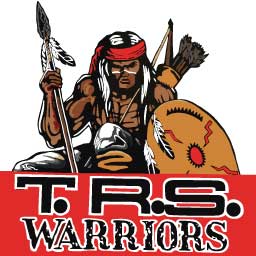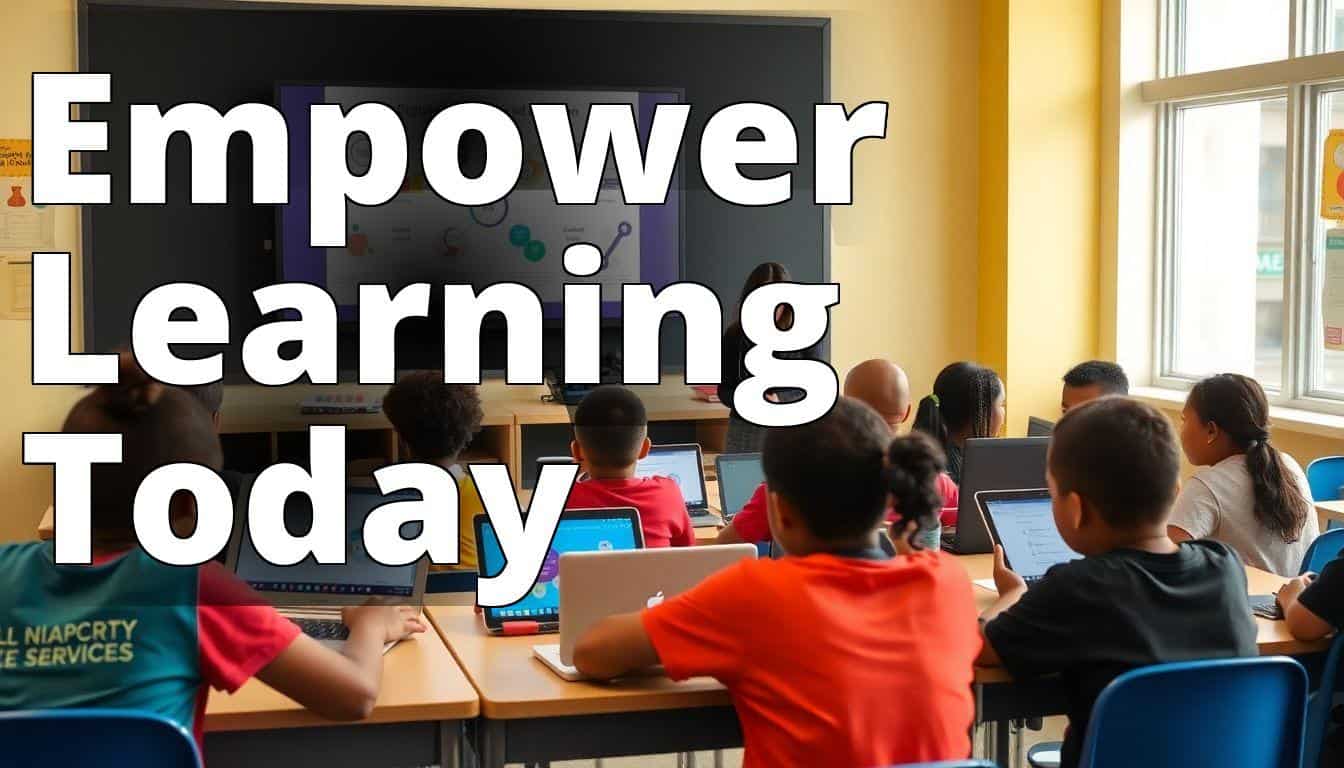Table of Contents
In today’s fast-paced and information-rich world, literacy the ability to read, write, and engage with texts serves as the cornerstone of personal and professional success in education and beyond. Understanding the role of literacy in education is crucial as we navigate our complex society. This article explores how literacy impacts early education, lifelong learning, innovative strategies for skill enhancement, the link between literacy and critical thinking, and community initiatives that promote literacy for everyone.
The Importance of Literacy in Early Education
Setting the Stage for Future Success
Early childhood education is vital for developing foundational literacy skills. Research shows that children who build strong literacy skills in their early years tend to excel academically and socially later on. Literacy involves not just reading but also understanding, interpreting, and engaging with written texts, forming the basis for effective communication and learning.
The Role of Phonemic Awareness
Phonemic awareness, or the ability to recognize and manipulate sounds in spoken words, is crucial for early literacy development. Children skilled in this area can decode words more easily, which boosts their reading fluency. Activities like rhyming games and sound matching help lay the groundwork for future academic success.
Vocabulary Development
A rich vocabulary is essential for reading comprehension and overall literacy. Early exposure to a wide range of words through reading, storytelling, and conversation helps children expand their vocabulary. Studies show that children with strong vocabularies perform better in complex subjects like math and science.
Literacy Skills and Academic Performance
Numerous studies link early literacy skills with academic performance. Students with strong literacy skills often score higher on standardized tests, graduate from high school, and pursue higher education. This success stems from their ability to read and understand complex texts across subjects.
Learning to Read vs. Reading to Learn
A significant transition occurs in education between elementary and middle school when students move from “learning to read” to “reading to learn.” Students lacking foundational literacy skills struggle during this transition, often facing academic difficulties. Therefore, developing strong literacy skills in early years is crucial for long-term educational success.
Literacy as a Lifelong Skill: Beyond the Classroom
Personal Development Through Literacy
Literacy extends beyond the classroom; it influences many aspects of personal and professional growth. Adults with strong literacy skills are more likely to engage in continuous learning, pursue personal interests, and participate actively in their communities.
The Role of Literacy in Everyday Life
From reading instructions on household items to understanding health information and financial documents, literacy plays a critical role in daily decision-making. Adults with strong literacy skills can navigate complex information, leading to informed choices and improved quality of life.
Professional Development and Career Opportunities
In the workplace, literacy is essential for career advancement. Most jobs require employees to read, write, and communicate effectively. Research indicates that individuals with high literacy levels often earn more and have more job opportunities. Employers prioritize candidates who can express their thoughts clearly and understand written communication, making literacy a key factor in employability.
Lifelong Learning and Adaptability
In a changing job market, the ability to learn new skills is crucial. Strong literacy skills help individuals engage with educational resources, online courses, and professional development opportunities. Lifelong learners adapt better to new technologies and industry trends, ensuring their relevance in the workforce.
Innovative Strategies to Enhance Literacy Skills
Engaging Children and Adults in Literacy Activities
Innovative strategies to improve literacy skills benefit individuals of all ages. Here are some effective techniques for enhancing literacy:
Reading Aloud
Reading aloud to children is one of the best ways to promote literacy. It exposes them to new vocabulary and fosters a love for reading. Parents and educators can make reading sessions interactive by asking questions and encouraging discussions about the story.
Utilizing Technology
Technology opens new avenues for literacy development. Educational apps and online platforms offer interactive reading experiences, gamified learning, and access to a vast library of resources. Programs like Khan Academy and Starfall provide engaging content for various age groups and literacy levels.
Community-Based Literacy Programs
Community libraries and organizations often host literacy programs for diverse populations. These programs may include adult education classes, book clubs, and family literacy nights, fostering a culture of reading and learning within the community.
Encouraging Peer Learning
Peer learning enhances literacy skills. Encouraging students to collaborate on reading assignments or participate in group discussions improves comprehension and engagement. Programs that pair older students with younger ones for reading sessions benefit both age groups.
The Connection Between Literacy and Critical Thinking
Fostering Critical Thinking Skills Through Literacy
Strong literacy skills support critical thinking and problem-solving abilities. Individuals who can read and comprehend complex texts analyze information, evaluate arguments, and make informed decisions.
Analyzing Texts
Literacy enables individuals to engage critically with texts. Readers assess the credibility of sources, identify biases, and draw connections between information. This analytical ability is essential for success in both academic and professional settings.
Problem-Solving and Decision-Making
Literacy links closely with effective problem-solving and decision-making. Individuals who can read and understand instructions and data make better decisions. For example, a business professional who interprets market research reports can develop strategies that drive success.
Encouraging Reflective Thinking
Literacy promotes reflective thinking by prompting individuals to consider their perspectives and beliefs. Engaging with diverse texts exposes readers to different viewpoints, fostering empathy and open-mindedness. This reflective process enhances critical thinking skills and deepens understanding of complex issues.
| Topic | Description | Examples of Programs/Organizations | Impact on Literacy Development |
|---|---|---|---|
| Early Literacy Programs | Programs designed to support literacy development in young children. | Head Start, Reading Recovery | Builds foundational skills for future academic success. |
| Adult Literacy Programs | Initiatives aimed at improving literacy skills among adults. | ProLiteracy, Literacy Volunteers | Enhances employability and daily living skills. |
| Family Literacy Nights | Events that engage families in learning activities together to promote literacy. | Local library events, school-hosted nights | Strengthens parent-child relationships and learning at home. |
| Book Clubs | Community groups focused on reading and discussing books. | Community library book clubs | Encourages reading for pleasure and critical discussion. |
| Technology Integration | Use of digital tools and resources to enhance literacy learning. | Online platforms like Khan Academy, Starfall | Provides interactive and accessible learning opportunities. |
| School-Community Partnerships | Collaborations between schools and local organizations to support literacy initiatives. | Partnerships with local libraries, nonprofits | Increases resource availability and community engagement. |
| Literacy Advocacy | Efforts to raise awareness and influence policies related to literacy education. | National Literacy Trust, local advocacy groups | Promotes resource allocation and prioritization of literacy. |
Community Initiatives Promoting Literacy for All
Programs and Organizations Dedicated to Literacy
Communities worldwide recognize the importance of literacy and take action to improve literacy rates. Various programs and organizations focus on providing resources and support for individuals of all ages.
Adult Literacy Programs
Adult literacy programs empower individuals who may have missed foundational education. These programs provide personalized instruction, focusing on practical skills that enhance employability and everyday living. Organizations like ProLiteracy and Literacy Volunteers offer valuable resources for adults looking to improve their literacy skills.
School and Community Partnerships
Collaboration between schools and community organizations significantly impacts literacy rates. Programs involving parents in their children’s education, such as family literacy nights, create supportive learning environments. Schools can partner with local libraries and nonprofits to provide additional resources and support for families.
Advocacy for Literacy
Advocacy plays a vital role in promoting literacy initiatives. Organizations like the National Literacy Trust raise awareness about the importance of literacy and influence policies that support literacy education. By advocating for increased funding and resources, these organizations help ensure that literacy remains a community priority.
Conclusion
Literacy serves as the foundation of education and lifelong learning. By recognizing its importance in early education, personal and professional development, and critical thinking, we can better promote literacy for individuals of all ages. Innovative strategies and community initiatives play a vital role in enhancing literacy skills and ensuring everyone has access to the resources they need.
Investing in literacy is investing in a brighter future for ourselves and our communities. Prioritizing literacy is crucial for individual success and societal advancement. By supporting literacy initiatives and providing educational resources, we can build a more informed, engaged, and empowered society.
Call to Action
I urge readers to get involved in local literacy initiatives, whether through volunteering, donating books, or participating in community programs. Together, we can foster a culture of reading that transforms lives and strengthens our communities.
“Fostering a culture of reading can change lives and strengthen communities.”




